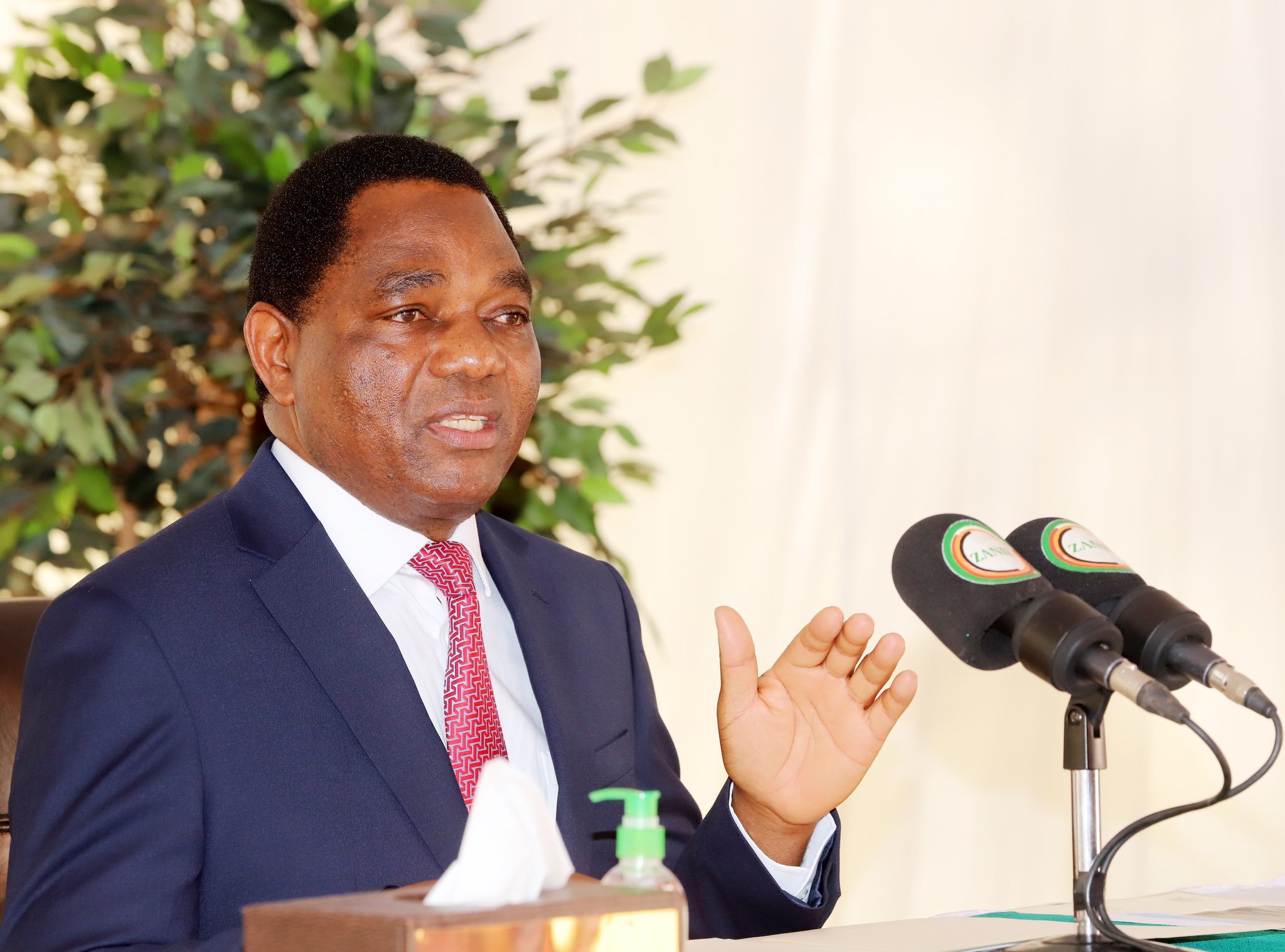Care for Nature Zambia has welcomed President Hakainde Hichilema’s call for more sensitization regarding the carbon market during his address to Parliament last week.
Care for Nature Executive Director Nsama Musonda says the President’s call for more sensitisation is key especially for people in rural areas who are supposed to benefit more from carbon trading.
Ms Musonda cited Luapula Province which has investors who have shown interest in trading in carbon as one province that needs a lot of sensitisation if people are to benefit.
Ms. Musonda points out that most of the issues surrounding the carbon market will mainly involve traditional leaders as they are the custodians of land where most forests are found which are supposed to be used for the carbon market.
She stated that once traditional leaders are made aware of the issue it will be easier for them to bring their subjects on board as this is the only way there will be a successful implementation of the programme.
“There are a lot of things which need to be made clear to the people before they can start engaging in the carbon market like how are they going to make money out of the same programme and also to dispel fears of them losing their land,” she said.
Ms. Musonda has further called on the Ministries of Green Economy and Environment as well as Lands and Natural Resources to closely work together for successful implementation of the programme in the country.
She explains that as the Ministry of Green Economy and Environment is regulating the carbon market, the Ministry of Land and Natural Resources should focus on raising awareness on the matter especially in areas where there are community and protected forests like Luapula Province.
Ms Musonda observed that the carbon market once properly implemented will see most rural communities benefit as there will be more money which will be injected in their communities.
Ms. Musonda has since urged rural communities to take advantage of the carbon market once it is taken into their communities as it will not only help to address the effects of climate change but also a source of livelihood.





